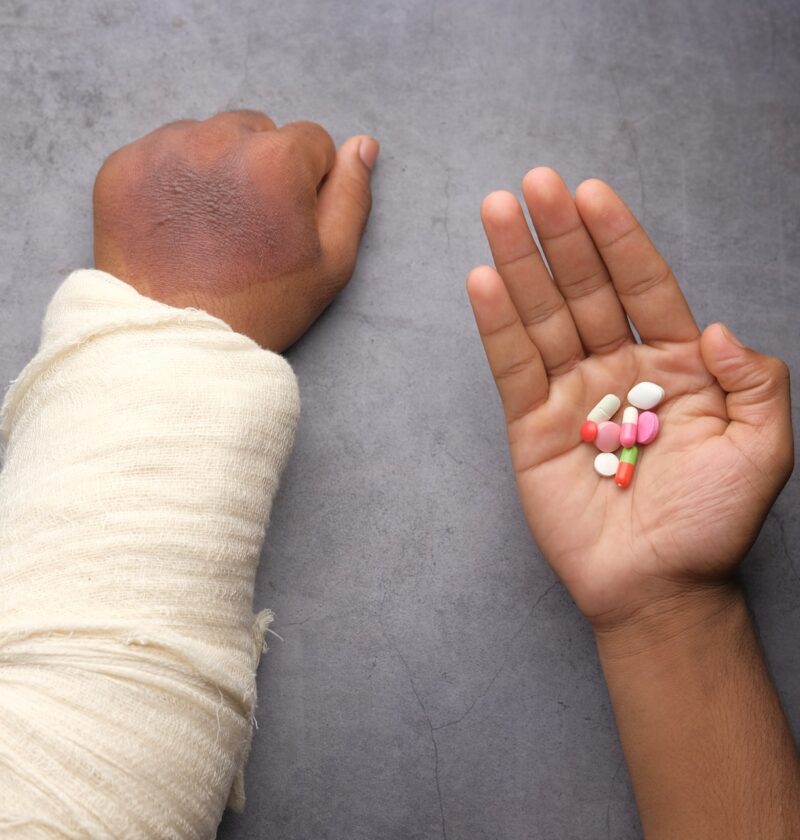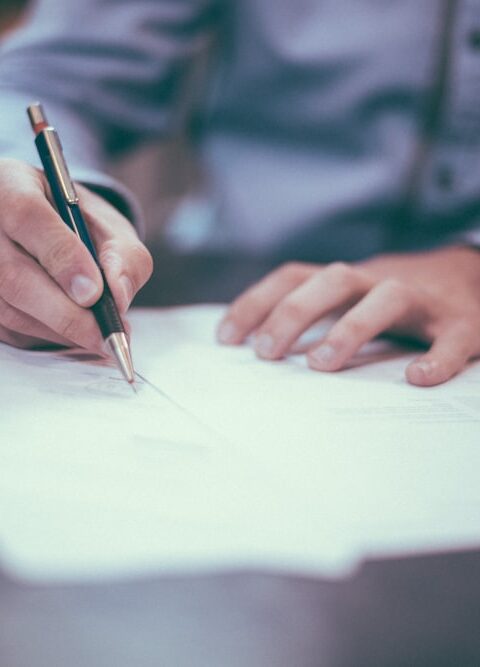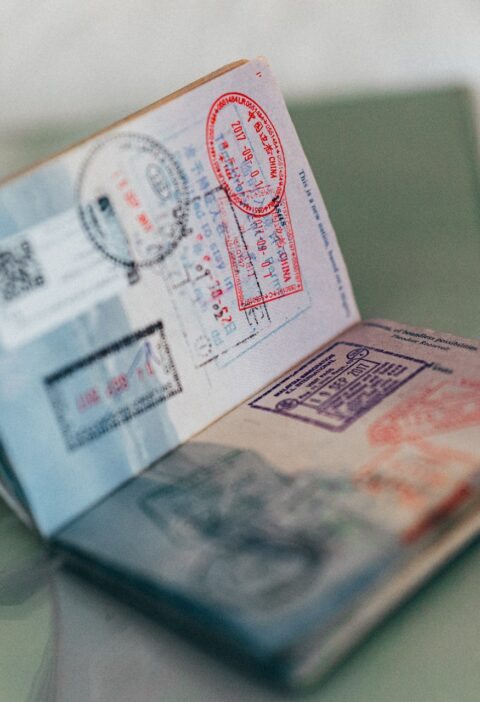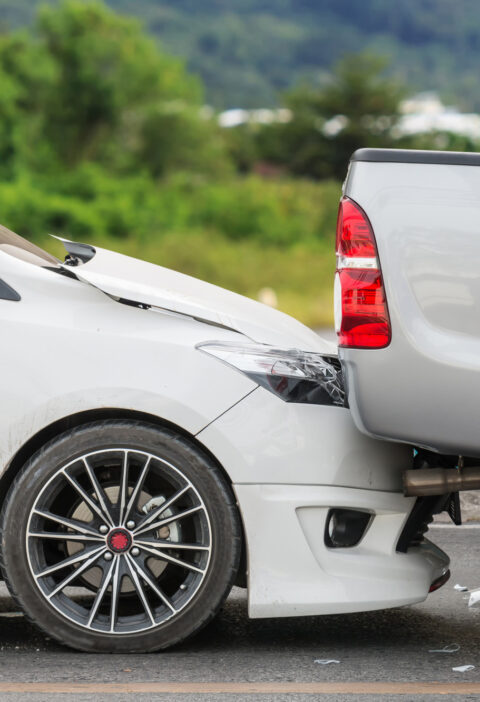Personal injury cases can be a complex terrain to navigate, particularly for those unfamiliar with the legal system. They involve situations where a person’s body, mind, or emotions are hurt, usually due to someone else’s negligence or carelessness. This could be a result of a car accident, slip and fall, workplace mishap, or even a faulty product.
The principle behind personal injury cases is fairly straightforward: if you have been harmed, you have the right to seek compensation for your injuries from the person who is legally responsible for causing them. However, the practical application of this principle can become complicated quickly, given the myriad of rules and regulations that govern these types of cases.
It is important to note that not every mishap leads to legal liability. Personal injury cases are primarily governed by tort law, which aims to protect individuals from wrongful acts of others. For a case to fall under the tort law, the person responsible for the injury must have done something wrong or failed to do what a “reasonable person” would have done in a similar situation.
The Basics of Personal Injury Law in Georgia
In Georgia, the personal injury law is not vastly different from other states. However, there are certain unique aspects that set it apart. Primarily, Georgia operates under a modified comparative negligence rule. This means that if you are found to be partially at fault in an accident, your compensation may be reduced by the percentage of your fault.
Additionally, Georgia has a statute of limitations for personal injury cases. According to this law, you have two years from the date of the accident to file a lawsuit. If the lawsuit is not filed within this time frame, you may lose your right to sue forever. Furthermore, if you’re wondering how long does personal injury cases take in Georgia, make sure you visit the link.
Moreover, Georgia law also requires that the person who caused the injury or their insurance company pay for the medical expenses and any other losses incurred by the injured party, such as lost wages or pain and suffering.
Types of Personal Injury Cases
Personal injury cases in Georgia can take many forms. Some of the most common types include motor vehicle accidents, medical malpractice, premises liability, and product liability.
Motor vehicle accidents, including car, truck, and motorcycle accidents, make up a significant portion of personal injury claims. These often involve injuries that are severe and can have long-term effects on the victim’s life.
Medical malpractice cases arise when a healthcare professional, such as a doctor or nurse, fails to provide the standard level of care, causing harm to a patient. This can include errors in diagnosis, treatment, or aftercare.
Premises liability cases involve accidents that occur on someone else’s property due to the owner’s negligence. This could be a slip and fall in a grocery store or an injury caused by unsafe conditions at a construction site.
Product liability cases involve injuries caused by defective or dangerous products. Manufacturers, distributors, and retailers can all be held liable if their product causes harm to a consumer.
The Personal Injury Claim Process in Georgia
The personal injury claim process in Georgia typically begins with the injured party, or plaintiff, filing a complaint against the person or entity believed to be responsible for their injuries. This complaint outlines the plaintiff’s allegations and the damages they are seeking.
Once the complaint is filed, the defendant is served with the lawsuit and has a specific time period to respond. During this time, both sides will gather evidence to support their case. This may involve interviewing witnesses, reviewing medical records, and consulting with experts.
If the case cannot be settled through negotiations, it will then proceed to trial. During the trial, both sides will present their evidence, and a jury will decide whether the defendant is liable for the plaintiff’s injuries and, if so, the amount of damages they should pay.
Importance of Evidence in Personal Injury Cases
Evidence plays a critical role in personal injury cases. It can make or break your case, regardless of the circumstances surrounding your injury. Therefore, it is crucial to gather as much evidence as possible immediately after an accident.
This can include photographs or videos of the accident scene, witness statements, police reports, and medical records. Additionally, keeping a diary documenting your injuries and how they affect your daily life can also serve as valuable evidence.
In cases where the evidence is not readily available or is complex, like in medical malpractice or product liability cases, expert witnesses may be necessary. These experts can provide testimony on technical or specialized topics, helping the jury understand the evidence.
Determining Fault in Georgia Personal Injury Cases
As mentioned before, Georgia operates under a modified comparative negligence rule. This means that the fault is not always entirely placed on one party. Instead, each party’s level of fault is determined, and the compensation is adjusted accordingly.
For instance, if you are found to be 20% at fault in an accident, your compensation would be reduced by 20%. However, it’s important to note that if you are found to be 50% or more at fault, you would not receive any compensation.
Determining fault can be a complex process, often requiring an in-depth investigation and analysis of the evidence. It is here where having a skilled personal injury lawyer can be invaluable.
Compensation in Personal Injury Cases
In Georgia, victims of personal injury are typically entitled to both economic and non-economic damages. Economic damages include tangible losses such as medical expenses, lost wages, and property damage. Non-economic damages, on the other hand, cover intangible losses like pain and suffering, emotional distress, and loss of enjoyment of life.
In some cases, punitive damages may also be awarded. These are designed to punish the defendant and deter similar behavior in the future. However, punitive damages are not often awarded in Georgia and are usually reserved for cases involving particularly egregious conduct.
Hiring a Personal Injury Lawyer in Georgia
When navigating a personal injury case, having a knowledgeable and experienced lawyer on your side can make a significant difference. A personal injury lawyer can guide you through the legal process, build a strong case on your behalf, negotiate with insurance companies, and represent you in court if necessary.
When choosing a lawyer, consider their experience, reputation, and communication style. You want someone who will be a strong advocate for you and who you feel comfortable working with. Remember, most personal injury lawyers work on a contingency fee basis, meaning they only get paid if they win your case.
What to do after a Personal Injury in Georgia
If you are involved in an accident, the first step is to seek medical attention immediately, even if you don’t think your injuries are serious. Some injuries may not be apparent right away and can worsen if left untreated.
Next, report the incident to the relevant authorities. For example, if you are involved in a car accident, you should report it to the police. If your injury occurred on someone else’s property, notify the property owner or manager.
Gather as much evidence as possible from the scene of the accident. This could include photographs, witness contact information, and any other relevant details. Additionally, keep track of all your medical expenses and any other costs related to your injury.
Lastly, consult with a personal injury lawyer as soon as possible. They can help you understand your rights and guide you through the process of seeking compensation.
Conclusion
Dealing with a personal injury case can be challenging, especially when you are also trying to recover from your injuries. Understanding the basics of personal injury law in Georgia, the types of personal injury cases, the claim process, and the importance of evidence can help you navigate this complex process.
Remember, hiring a personal injury lawyer can significantly improve your chances of securing the compensation you deserve. They can help you gather evidence, negotiate with the insurance company, and represent you in court if necessary.
The road to recovery after a personal injury can be long and arduous, but with the right information and legal support, you can navigate your case successfully.







